Four years after the world recorded its first death from Covid-19, Covid-19 has become endemic, but global health systems still face potential burdens along with risks from more common seasonal respiratory infections.
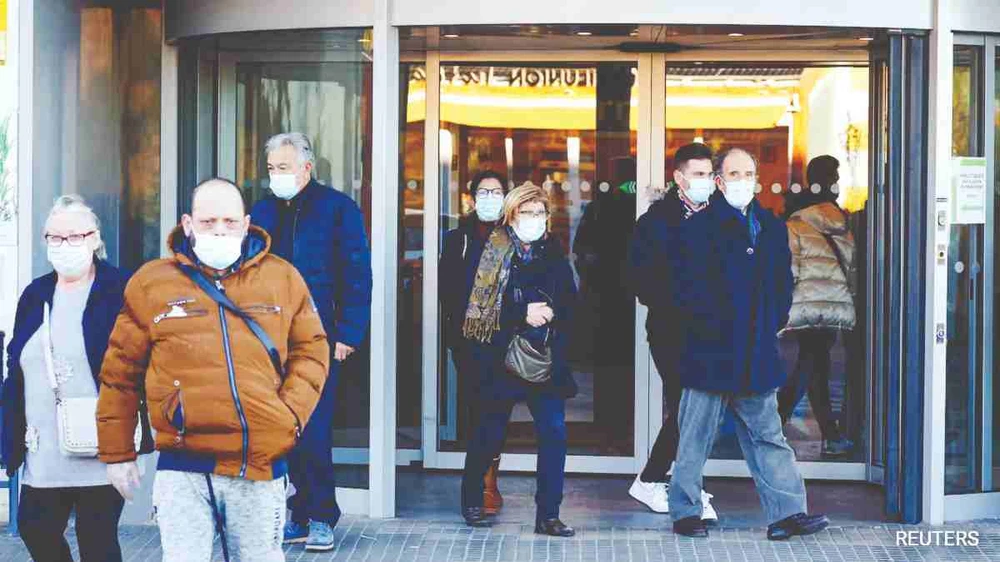
Continue to spread
According to the World Health Organization (WHO), the number of Covid-19 cases, mainly caused by the JN.1 variant, will increase rapidly again in late 2023 and early 2024, right at the peak of influenza and respiratory infections in winter and spring. About 10,000 deaths from Covid-19 were recorded in the last month of 2023. However, according to WHO, these statistics are based on data recorded in less than 50 countries, mainly in Europe and the Americas.
In the US, the Centers for Disease Control and Prevention (CDC) has called the current surge in Covid-19 cases the second largest wave of Covid-19 in the country's history, after the increase in cases of the Omicron variant in the winter and spring of late 2021 - early 2022. Dr. Michael Hoerger, assistant professor at Tulane University School of Medicine (Louisiana), warned that from mid-December 2023 to February 2024 will be the peak of the current wave, 1 in 3 Americans will have Covid-19.
Europe has been recording “record” increases in flu and Covid-19 cases. In Portugal, the proportion of flu cases among all patients in intensive care reached a record high (17%) in the last week of 2023. In the UK, the National Health Service (NHS) said that the number of Covid-19 and flu cases doubled in just two weeks from December 23 to 31, 2023, an increase of more than 65% since the beginning of December 2023. Several countries in the southern hemisphere, now in summer, have also seen higher levels of respiratory disease activity than expected for this time of year. In Australia, a new wave of Covid-19 swept through the state of New South Wales (NSW) during the New Year holidays, with the highest infection rate in a year in the state.
Increased risk of severe pneumonia
Explaining the rapid spread of Covid-19 in recent times, experts said that the JN.1 variant can evade the immune system and transmit more easily than other variants. Currently, the JN.1 variant has appeared in more than 40 countries and is classified by the WHO as a variant of concern. In addition to common symptoms such as fever or chills, cough, sore throat, stuffy or runny nose, headache, muscle pain, shortness of breath, fatigue, loss of taste or smell, brain fog, digestive symptoms such as stomach upset, the JN.1 variant also causes two unusual symptoms: difficulty sleeping and anxiety. The JN.1 variant also makes health experts worry that it increases the risk of severe pneumonia.
To prevent the spread of the disease, the European Center for Disease Prevention and Control (ECDC) recommends that people stay at home and wear masks in crowded places and medical facilities. In Greece, the government has urged people to get vaccinated against flu and Covid-19. Spain has reimposed mask wearing regulations in hospitals. Hospitals in at least four US states have reinstated mask wearing regulations. In Southeast Asia, many countries have reintroduced some measures such as installing body temperature scanners at airports, calling on people to wear masks, and getting vaccinated against Covid-19.
THANH HANG compiled
Source


![[Photo] Hanoi morning of October 1: Prolonged flooding, people wade to work](https://vphoto.vietnam.vn/thumb/1200x675/vietnam/resource/IMAGE/2025/10/1/189be28938e3493fa26b2938efa2059e)

![[Photo] President of the Cuban National Assembly visits President Ho Chi Minh's Mausoleum](https://vphoto.vietnam.vn/thumb/1200x675/vietnam/resource/IMAGE/2025/10/1/39f1142310fc4dae9e3de4fcc9ac2ed0)

![[Photo] Keep your warehouse safe in all situations](https://vphoto.vietnam.vn/thumb/1200x675/vietnam/resource/IMAGE/2025/10/1/3eb4eceafe68497989865e7faa4e4d0e)








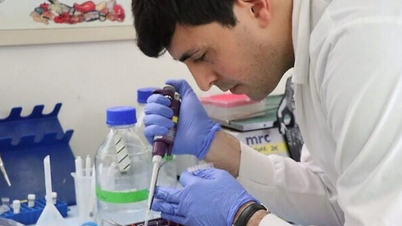

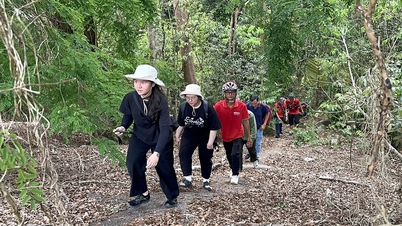










































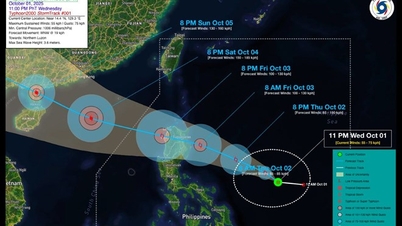












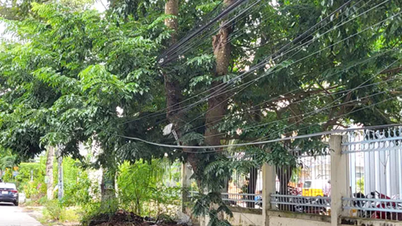





















Comment (0)